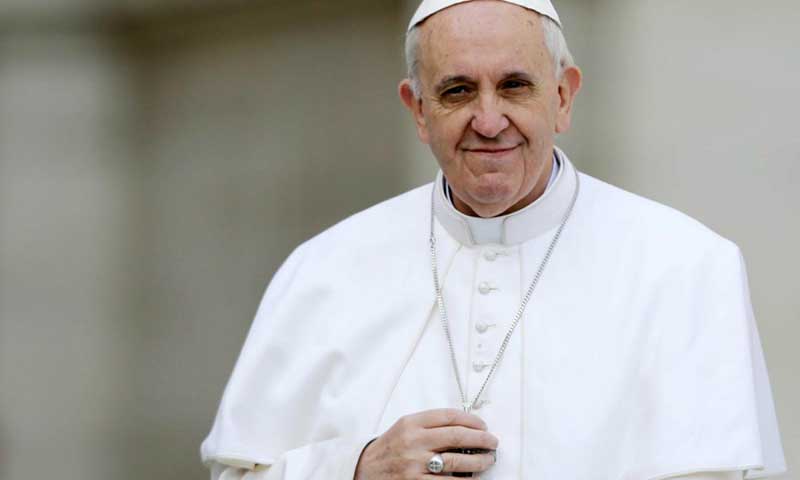Three years into the pontificate of FranciscoThe reform of the financial and economic institutions of the Holy See has been completed, and work is underway to reform the Roman Curia and the media. On the occasion of the anniversary of the election, the criticism has been heard that much more was expected in the reforms, and that there is much to be done.

It is true that the Church is "semper reformanda"must always be reformed in a process that never ends. But the greatest reform, which should be daily and not only for the hierarchy but for all the faithful, is fidelity to the Gospel, so that this message is better and better proclaimed and witnessed, leaving behind incrustations, prejudices and schemes that risk becoming ideology. Along with witnessing, proclaiming and teaching, the Church must be converted and always look to its origins, without becoming a NGO or in a power group: to reform herself every day. What the Pope, with his witness of mercy and tenderness, his example, his gestures and his words, asks of the whole Church and of those who listen to him without prejudice is a great reform, which is not first of all a "structural" reform, but a reform of hearts. Without this, any structural reform is doomed to failure.
The Pope's words clearly indicate that the reform of hearts, "pastoral conversion," is a necessary condition for structural reforms, not a consequence of them or something separate. There is a risk that the Pontificate's message will be reduced to a slogan, as if it were enough to change a few key words: terms such as "peripheries" have become fashionable. The Pope's witness, in fact, suggests to everyone an evangelical radicalism, without which the reforms would imitate business criteria and could fall into technicalities that do not take into account the nature of the Church, which cannot be compared to that of the transnationals, as Benedict XVI often repeated in the past.







